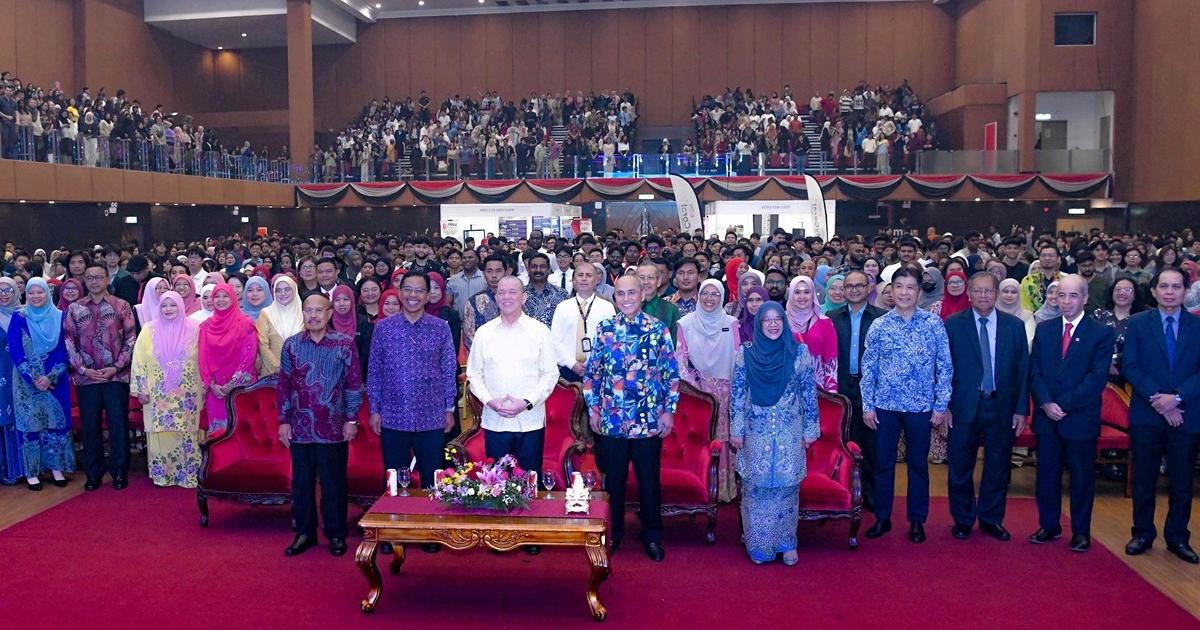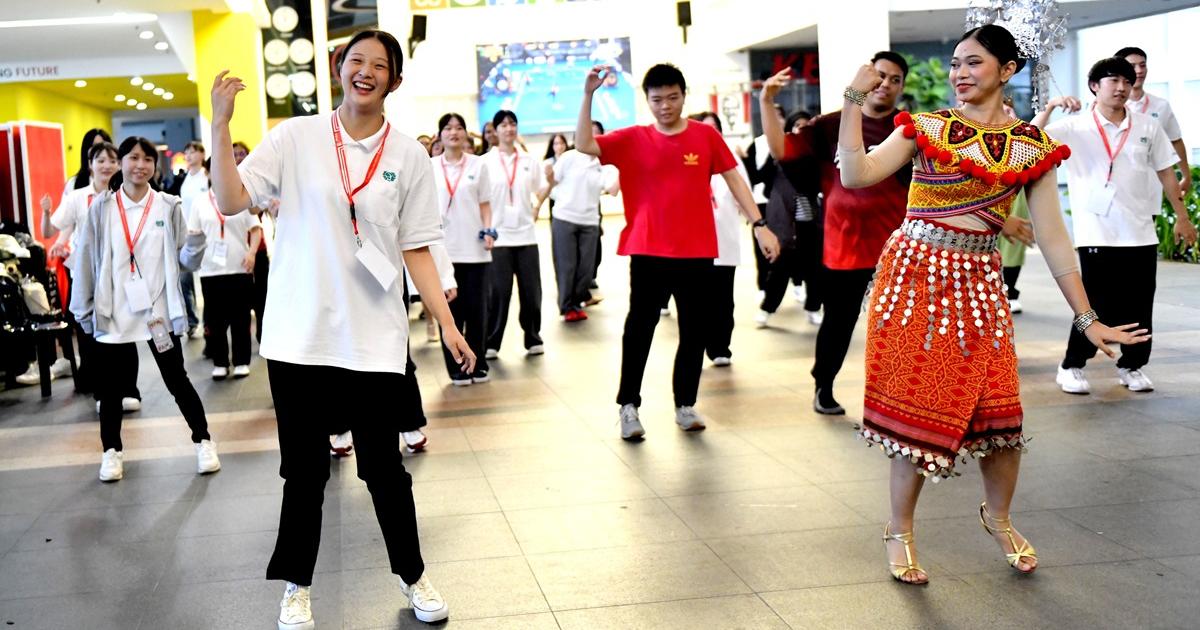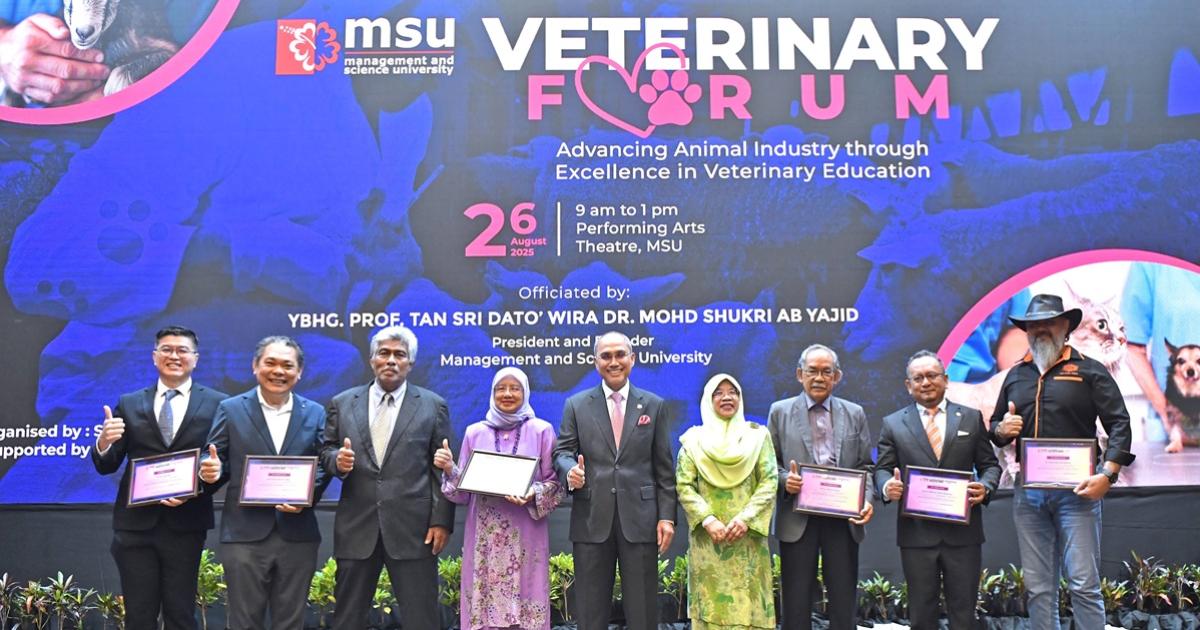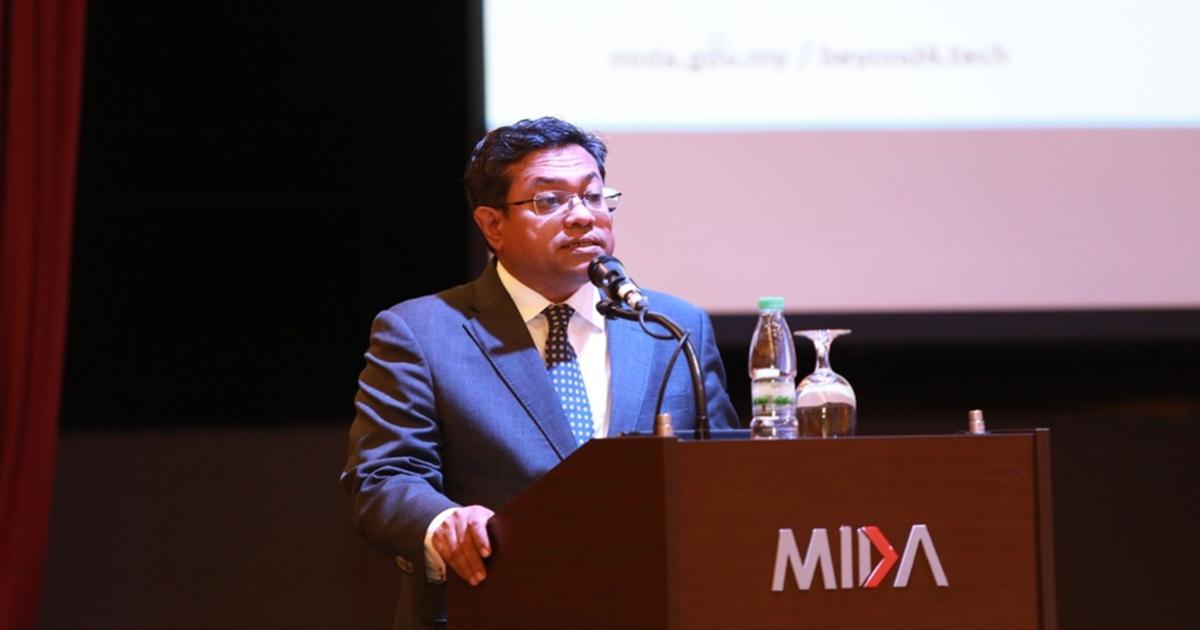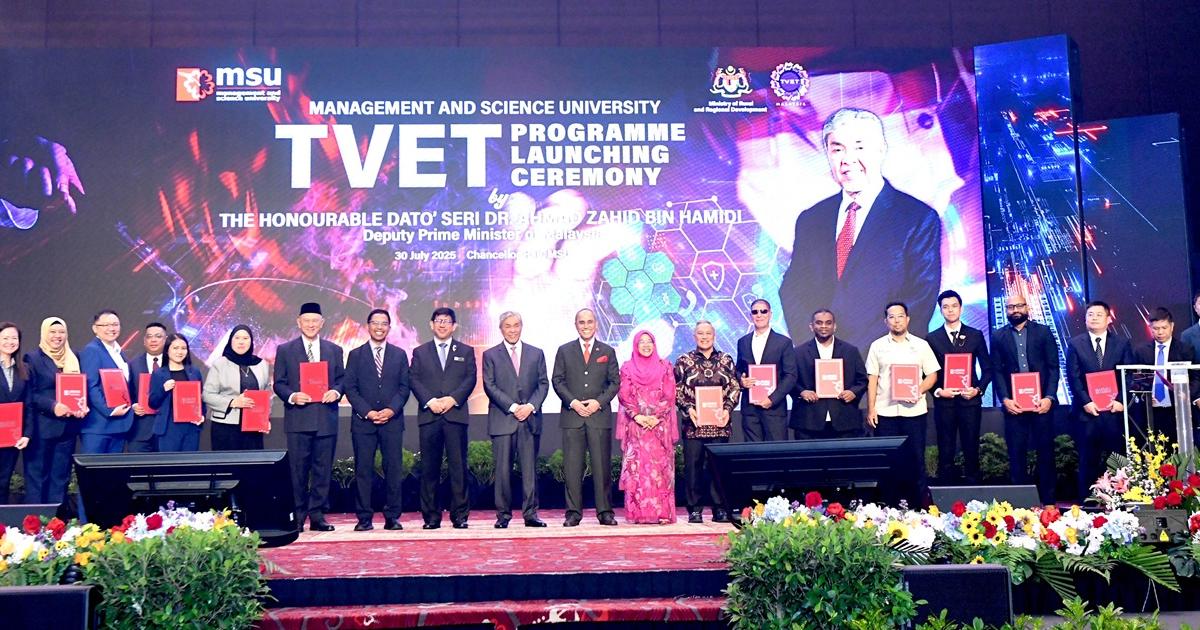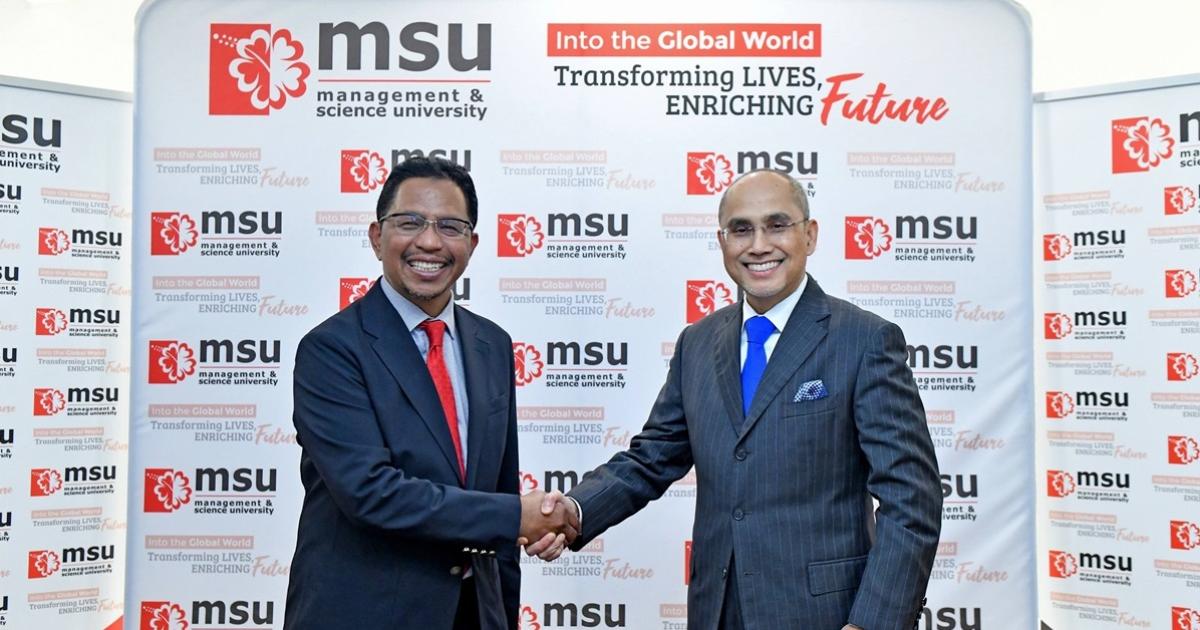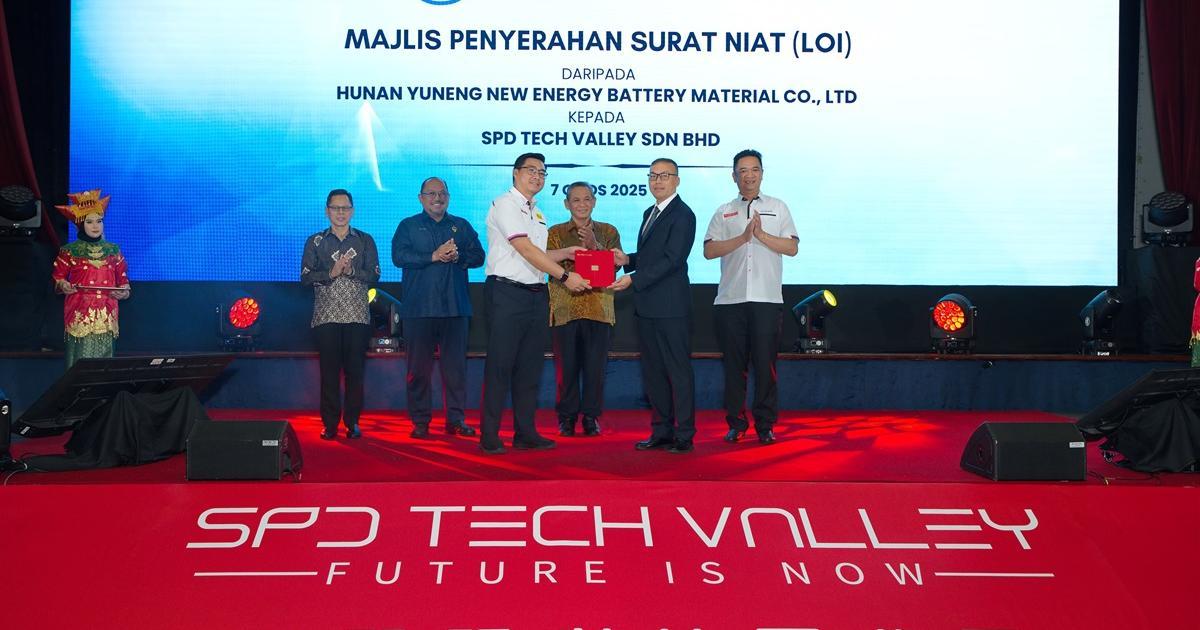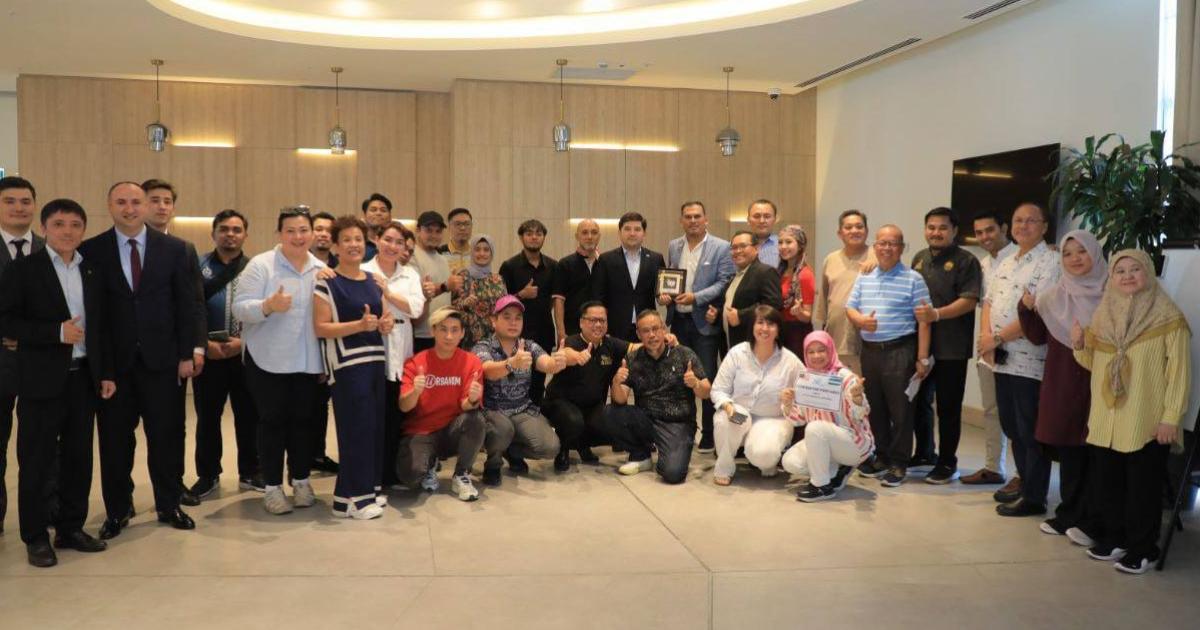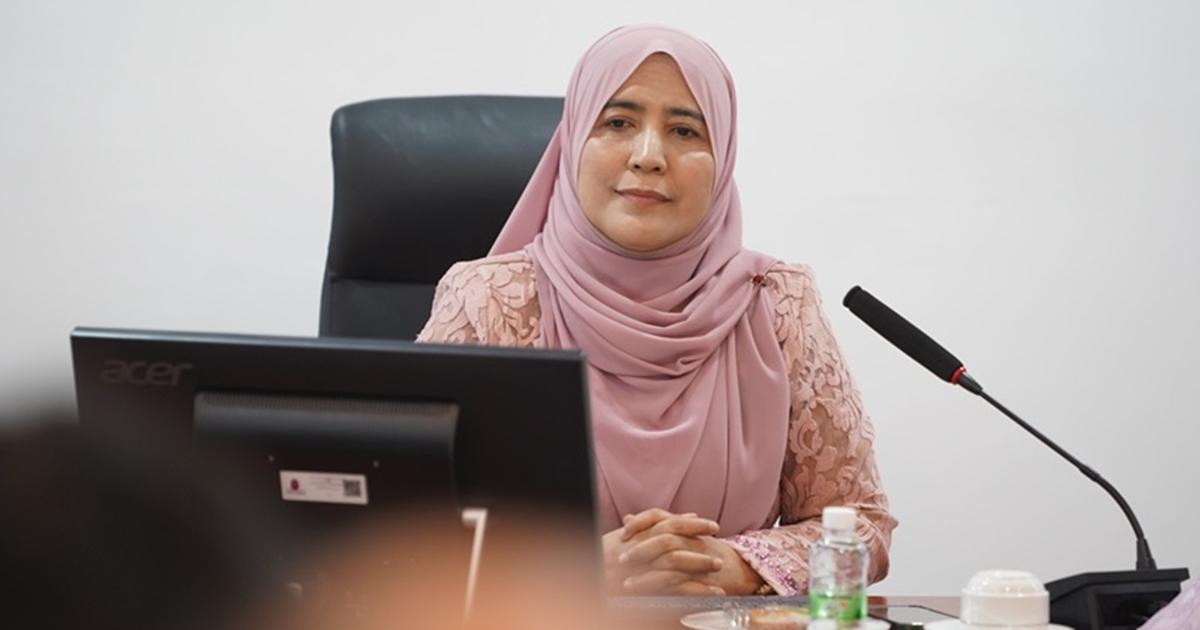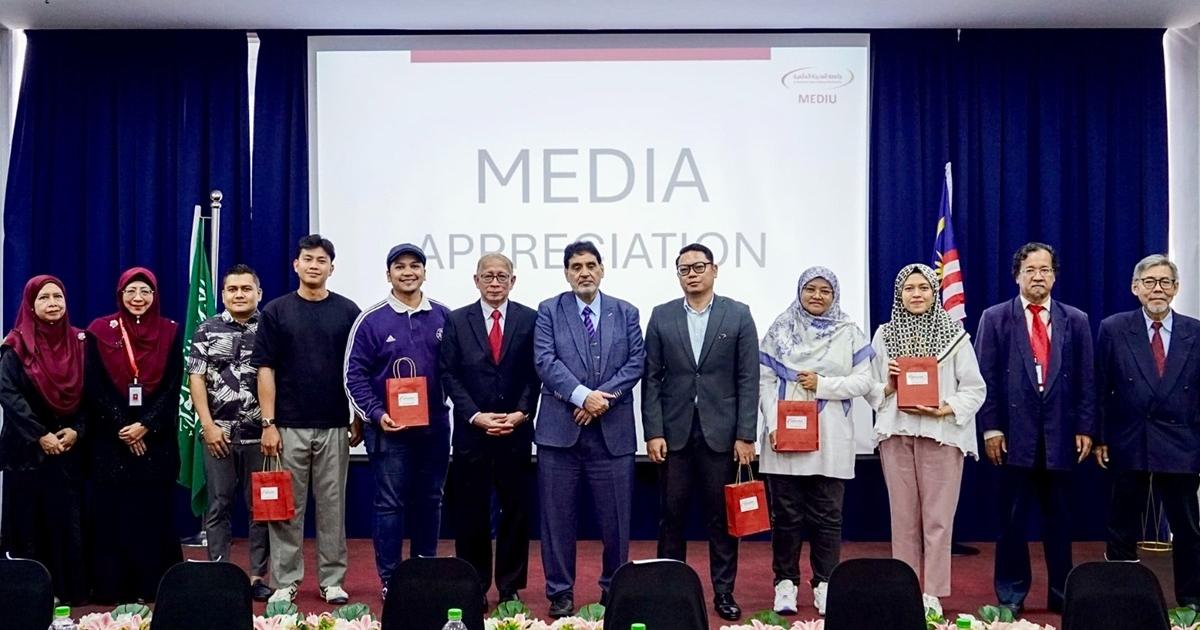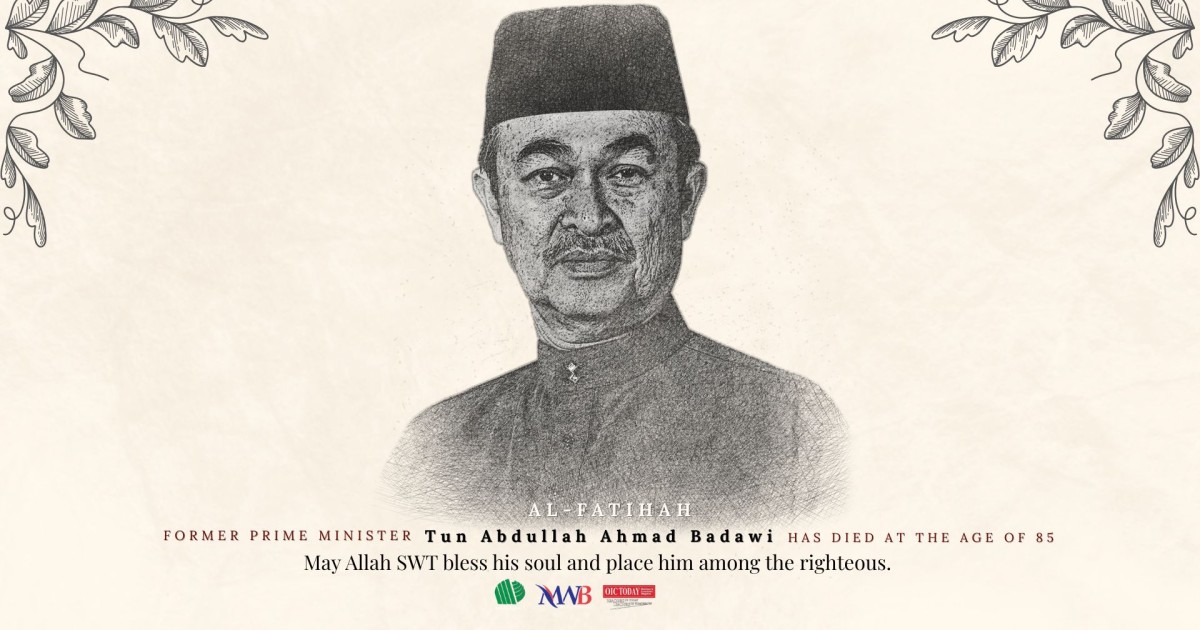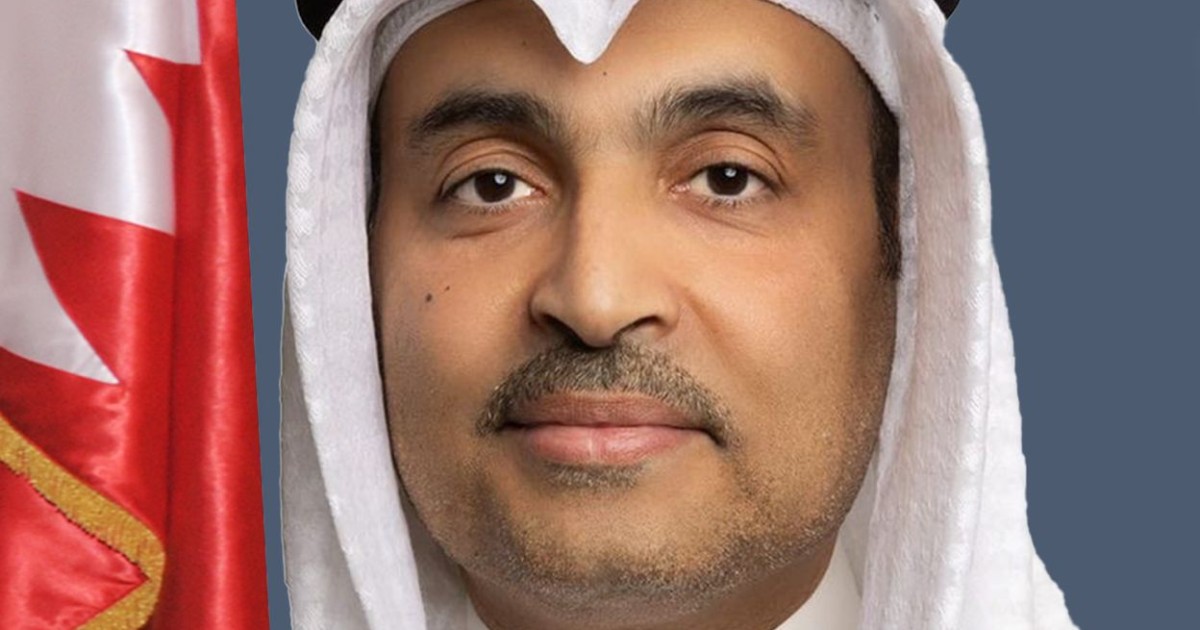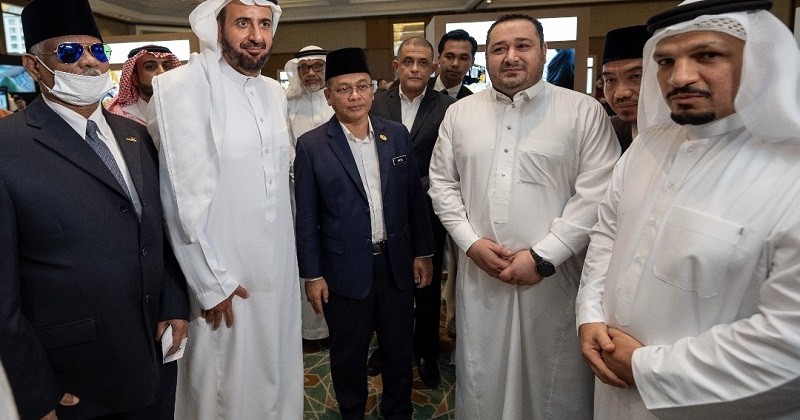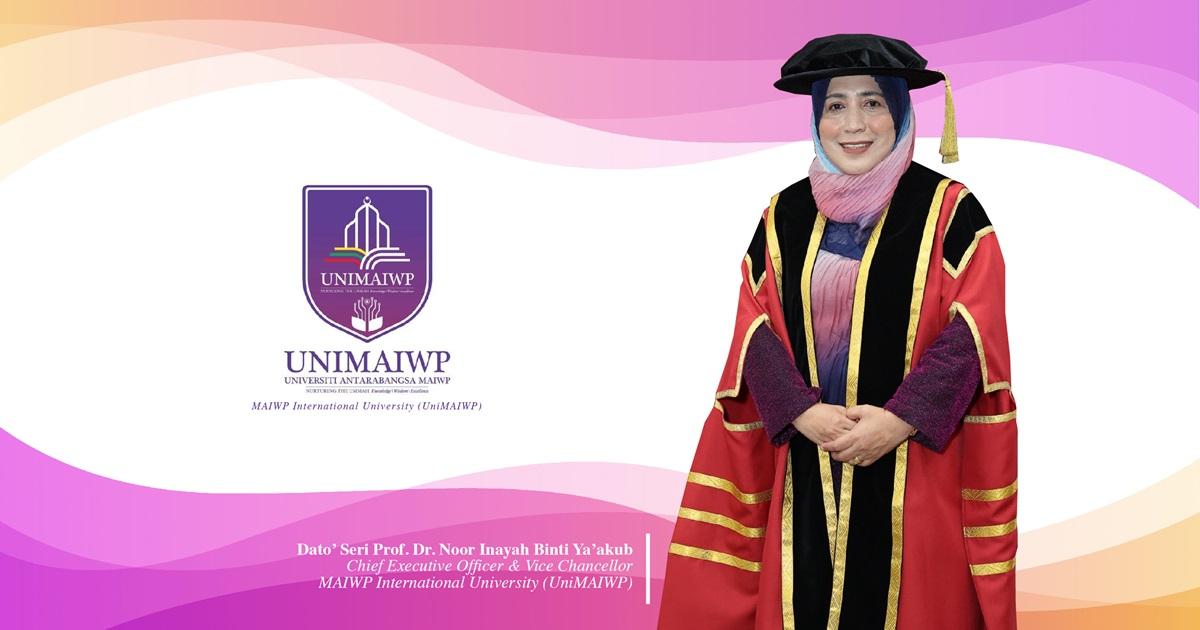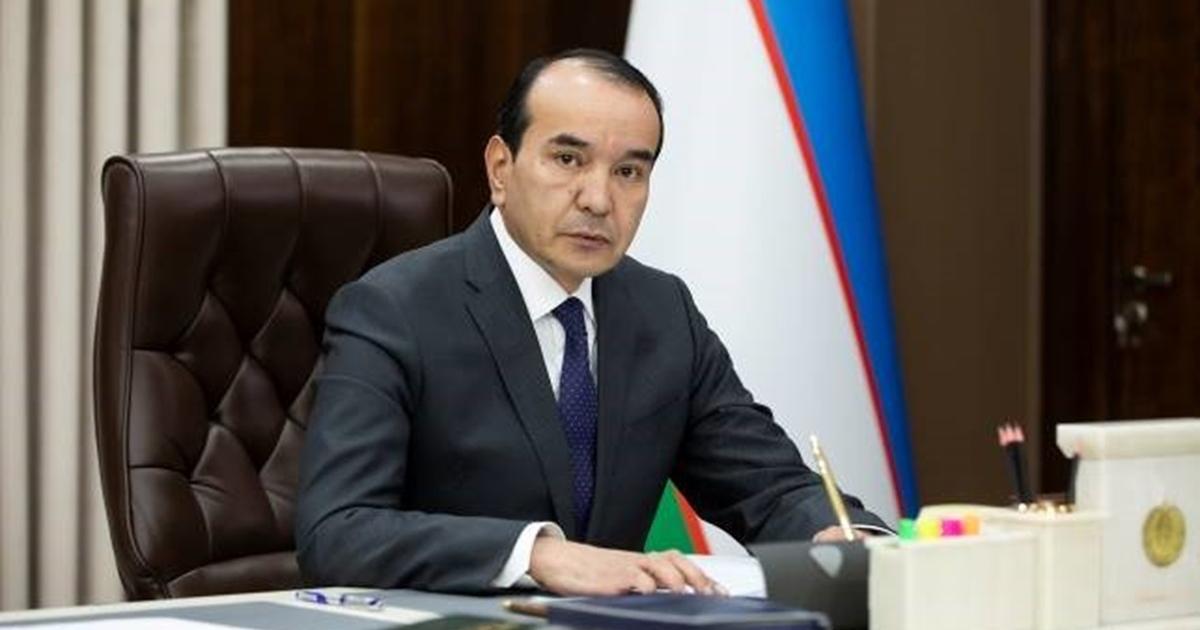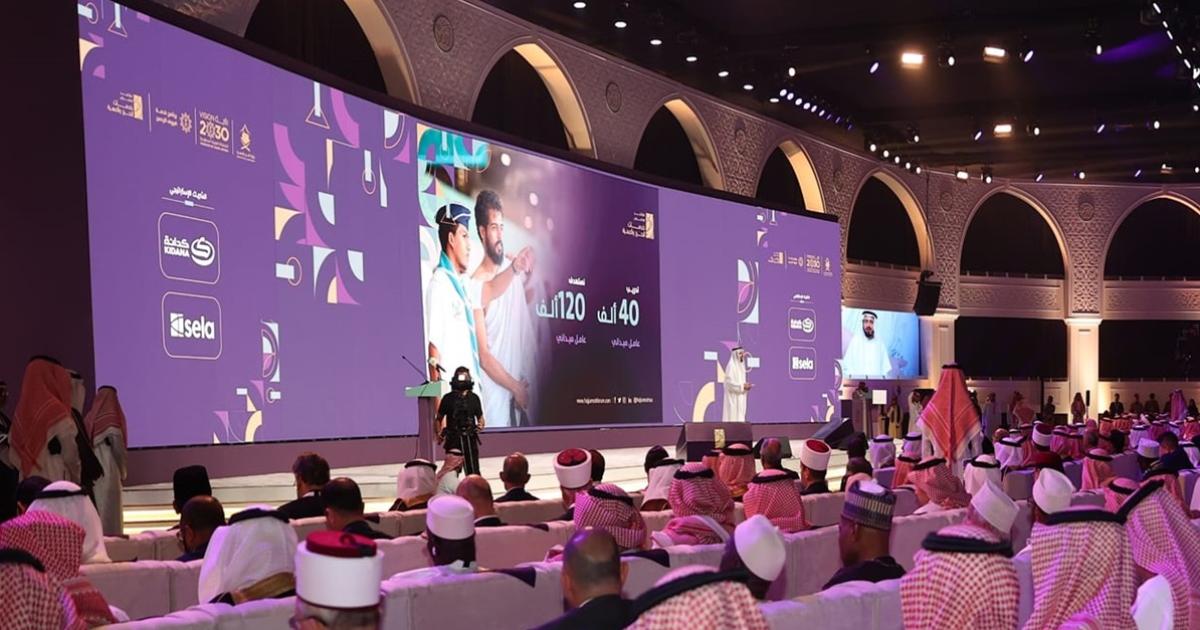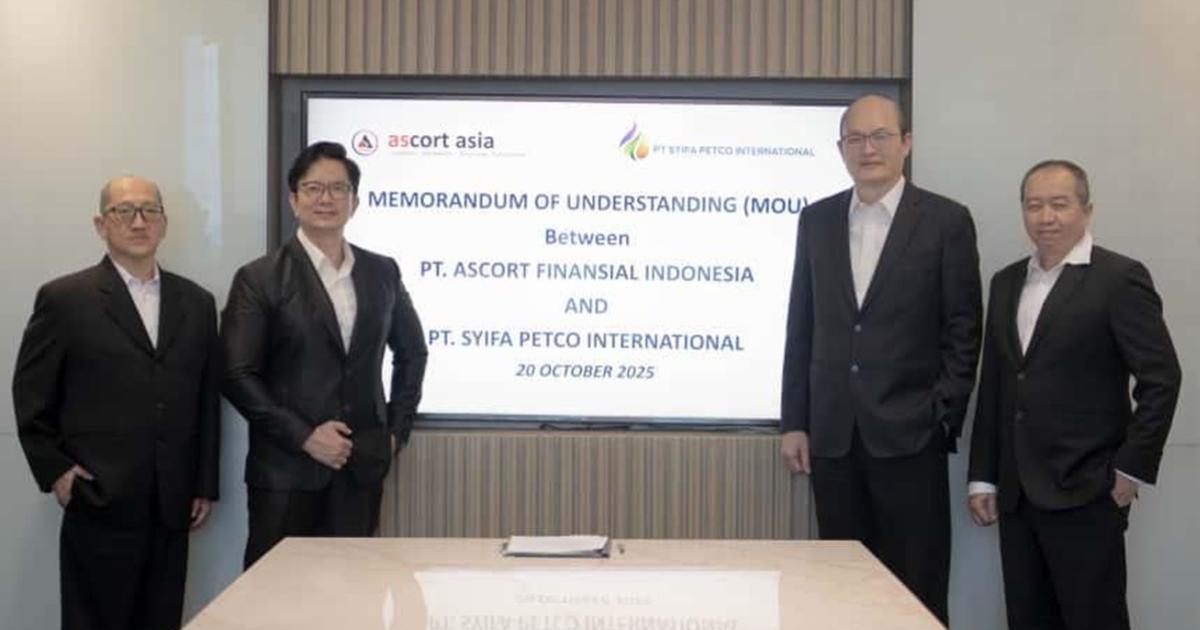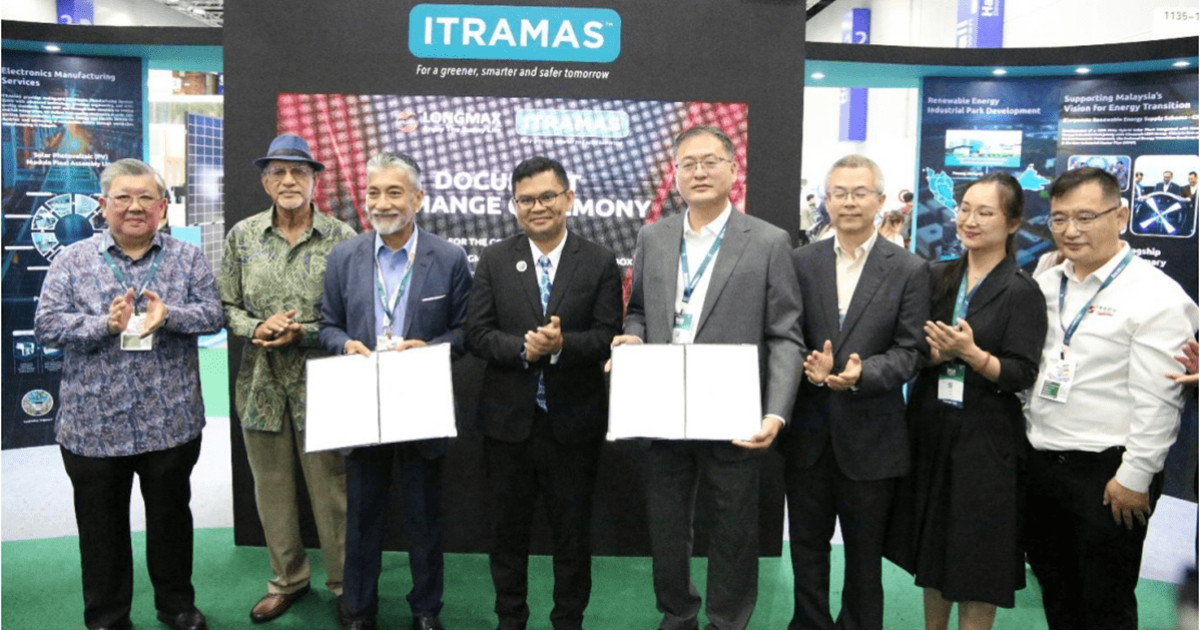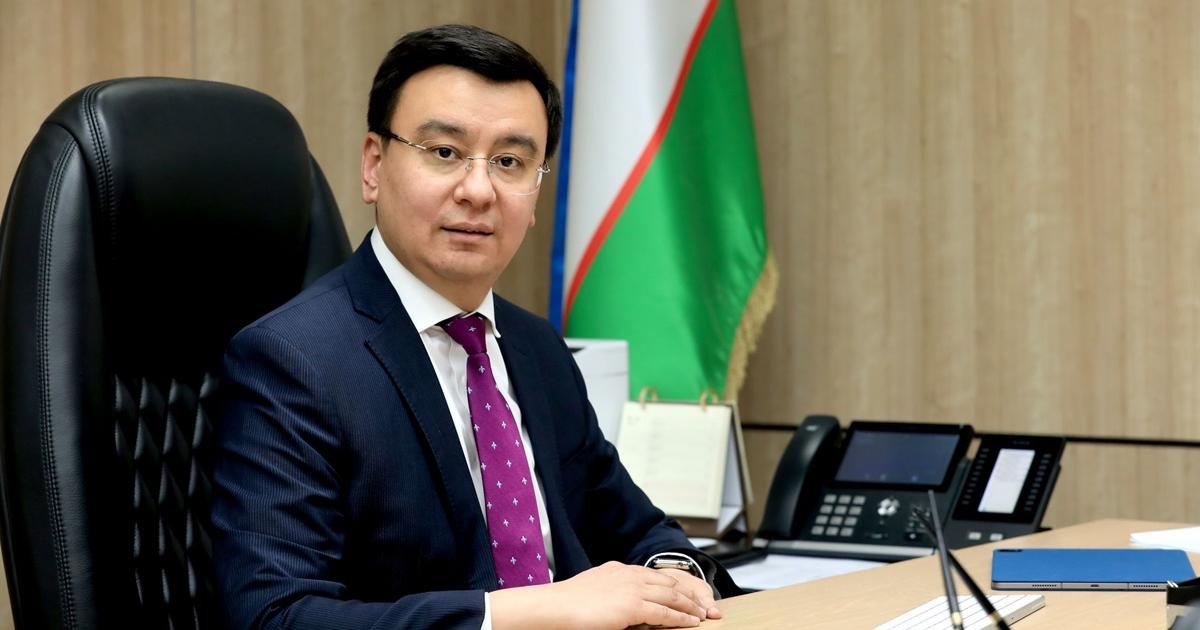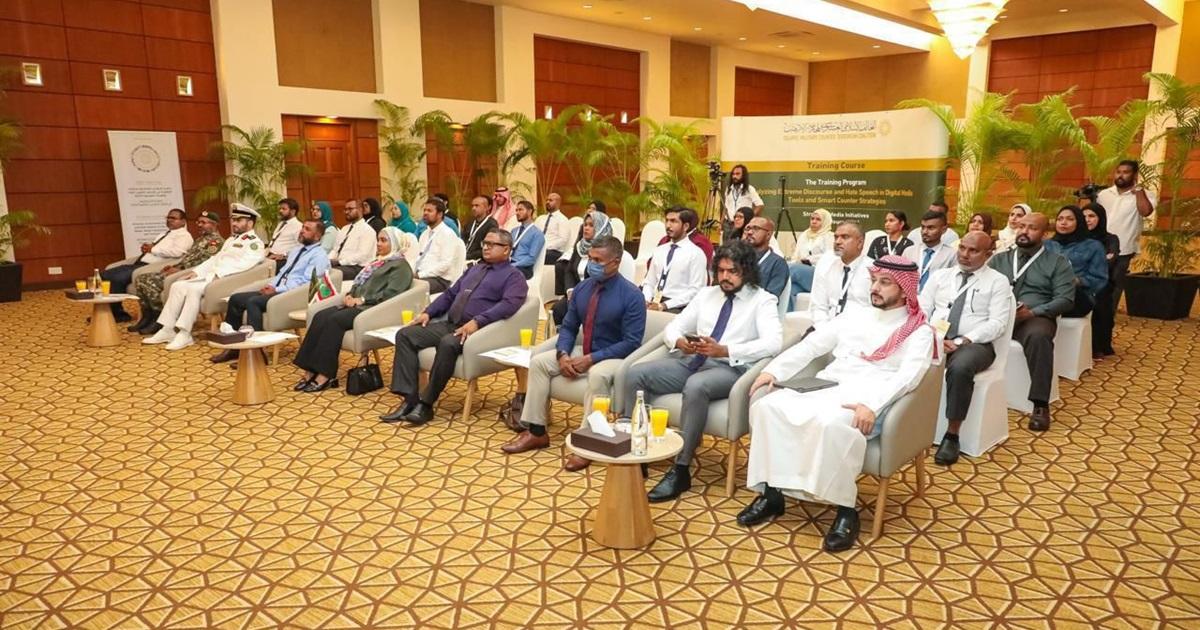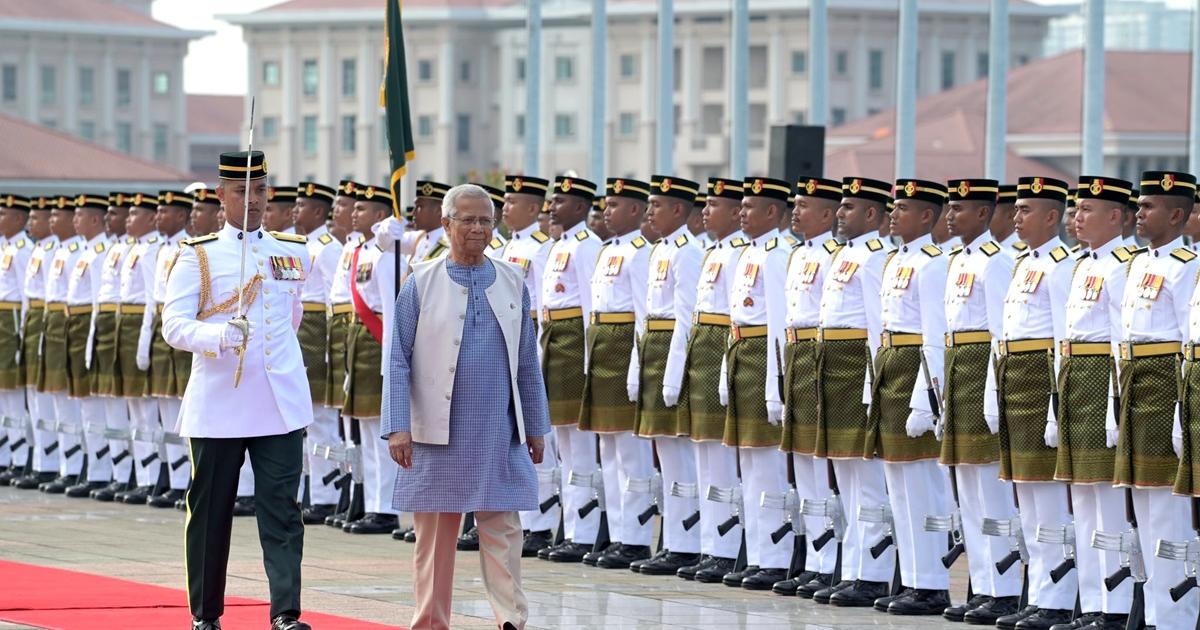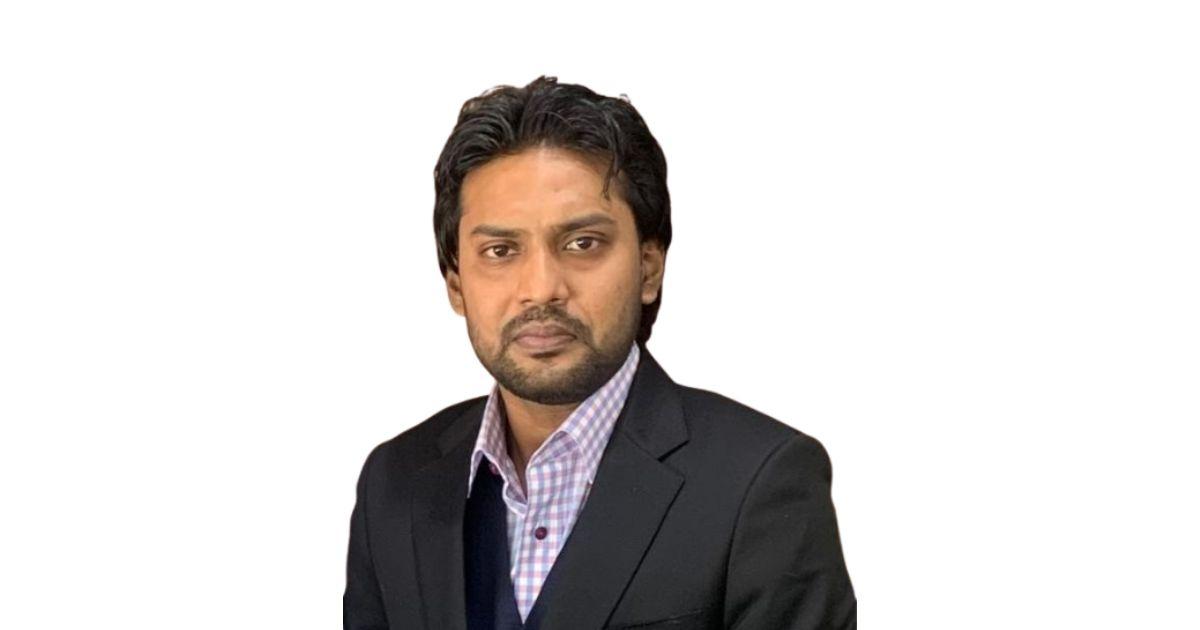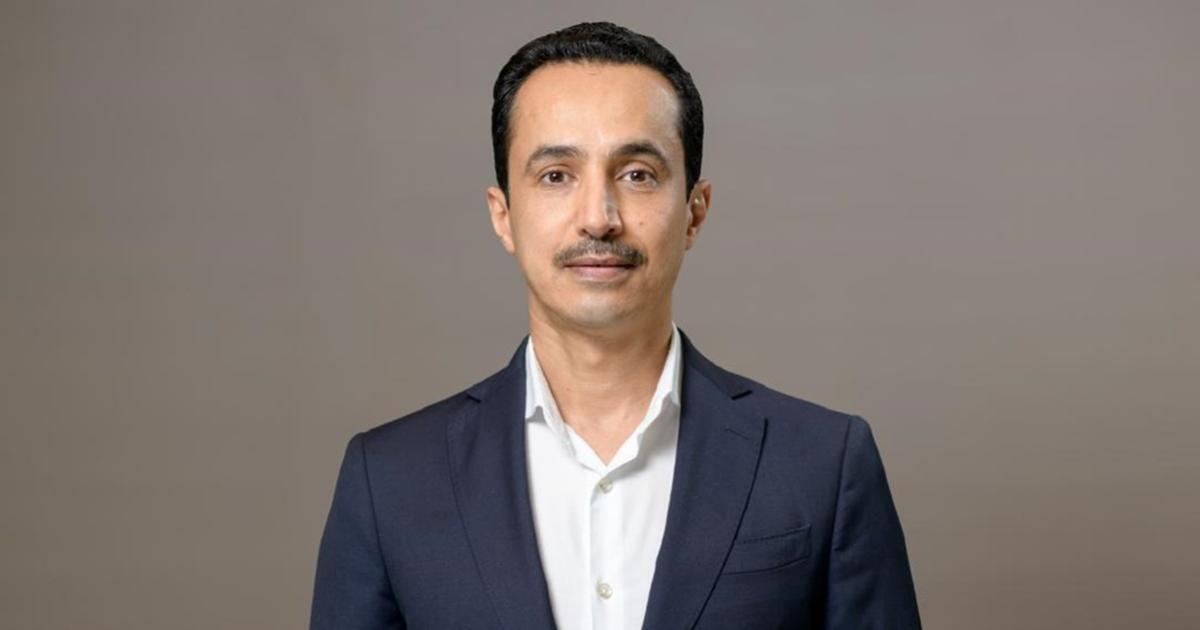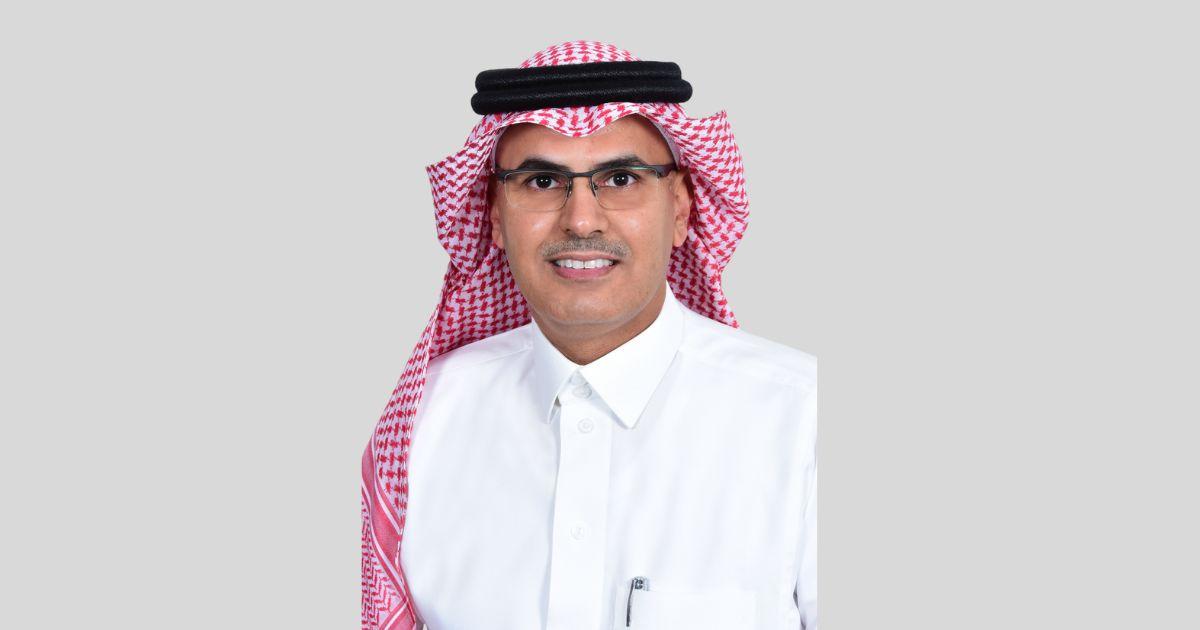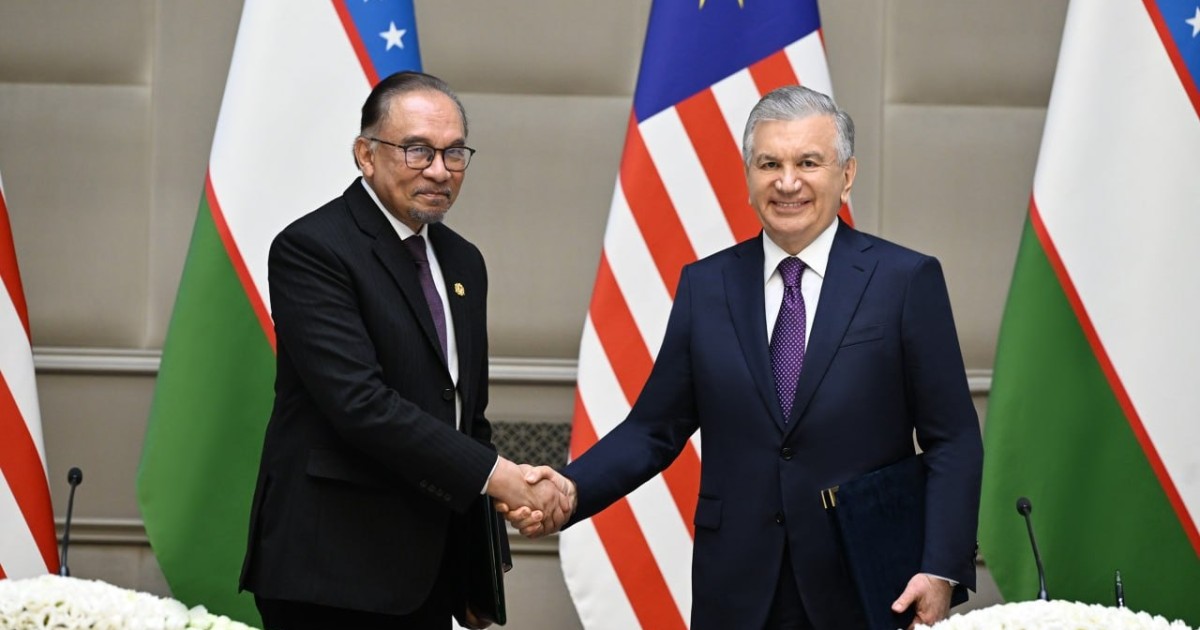
In recent years, relations between the Republic of Uzbekistan and Malaysia have shown consistent development, covering key areas of bilateral cooperation.
Regular high-level visits, such as Malaysian Prime Minister Anwar Ibrahim’s visit to Uzbekistan in 2024 and Foreign Minister Zambry Kadir’s visit in 2023, indicate steadily growing partnership relations between the two countries.
A series of political consultations and interdepartmental exchanges confirm the commitment of Tashkent and Kuala Lumpur to further deepening comprehensive cooperation.
Synergy in Relations
The interaction between Uzbekistan and Malaysia in recent years has taken on a strategic character, covering not only trade and economic issues but also deeper political and diplomatic ties, which undoubtedly contribute to strengthening the positions of both countries on the international stage.
Uzbekistan considers Malaysia a reliable partner in the Southeast Asian region. As the fourth-largest economy in the Association of Southeast Asian Nations (ASEAN) and the third in terms of GDP per capita, with an annual GDP growth rate of approximately 5%, Malaysia is set to become Uzbekistan’s gateway to ASEAN in the long term.
Moreover, considering Malaysia’s ASEAN chairmanship in 2025, bilateral cooperation has every chance to leverage the interregional Central Asia + ASEAN framework.
Parliamentary ties between Uzbekistan and Malaysia continue to strengthen, as evidenced by regular visits of high-ranking parliamentarians.
In 2024, Speaker of the Legislative Chamber of the Oliy Majlis of Uzbekistan, Nuriddin Ismoilov, visited Malaysia, while Deputy Speaker of the Senate (Upper House) of the Malaysian Parliament, Nur Jazlan Mohamed, visited Tashkent in June and October 2024. Additionally, Speaker of the House of Representatives (Lower House) of the Malaysian Parliament, Johari Bin Abdul, visited Uzbekistan in 2023. A significant milestone was the participation of the Malaysian Speaker in the referendum on the new edition of the Constitution of Uzbekistan in 2023.
One of the key factors contributing to the active development of bilateral cooperation is the similarity in the reformist approaches of the leaders of both states. President of Uzbekistan Shavkat Mirziyoyev and Malaysian Prime Minister Anwar Ibrahim share innovative policies focused on economic modernization, digital transformation, human capital development, and strengthening social justice. Their political programs emphasize improving citizens’ welfare, which serves as an important unifying factor in their cooperation.
Uzbekistan is implementing the large-scale "Uzbekistan – 2030" strategy, aimed at improving living standards and social protection, while Kuala Lumpur is actively promoting the "Malaysia MADANI" program, focused on enhancing the quality of life for the Malaysian population. These shared priorities enable effective exchanges of experience in governance, social reforms, and economic development.
Between 2018 and 2024, Malaysia actively supported Uzbekistan’s initiatives at the UN, co-authoring key resolutions on “Strengthening regional and international cooperation to ensure peace, stability and sustainable development in the Central Asian Region” (2018), "On declaring the Aral Sea region a zone of environmental innovations and technologies" (2021), and “Strengthening connectivity between Central and South Asia” (2022).
These resolutions highlight the mutual international efforts of both countries in sustainable development and regional integration. Other important multilateral cooperation platforms involving both nations include the Non-Aligned Movement and the Organization of Islamic Cooperation.
New Prospects for Economic Partnership
Trade and economic cooperations between Uzbekistan and Malaysia are demonstrating positive dynamics. In 2024, bilateral trade turnover reached $102.4 million. Uzbekistan’s main exports to Malaysia include services, chemical products, and foodstuffs, while Malaysian companies supply food products, chemical goods, and engineering products.
Investment cooperation is also gaining momentum. More than 40 Malaysian companies currently operate successfully in Uzbekistan, including in construction, logistics, and the food industry.
During Malaysian Prime Minister Anwar Ibrahim’s official visit to Uzbekistan on May 18, 2024, a large-scale business forum was held in Samarkand, bringing together over 200 representatives of official and business circles from both countries.
As an outcome of the forum, agreements were reached on implementing 19 joint projects worth $3.3 billion, reflecting the growing investment cooperation and strengthening economic ties.
At the Uzbekistan-Malaysia Business Forum held in Khiva on September 23-27, 2024, an additional nine agreements worth $780 million were signed in sectors such as solar power plant construction and the production of agricultural drones and scooter batteries.
The expansion of cooperation in the tourism sector between Uzbekistan and Malaysia demonstrates the high level of bilateral ties and mutual interest in cultural and humanitarian exchanges.
In October 2023, the 25th session of the General Assembly of the World Tourism Organization was held in Samarkand, where Malaysian Minister of Tourism, Arts, and Culture Tiong King Sing emphasized Uzbekistan’s significance as a center of Islamic civilization and a promising destination for Malaysian tourists.
His visit resulted in the signing of an intergovernmental Memorandum of Cooperation aimed at strengthening ties in pilgrimage and cultural tourism.
An important step in this direction has been the expansion of air connectivity: since 2022, Uzbekistan Airways and, since 2023, Malaysian airline Batik Air have been operating regular flights between Tashkent and Kuala Lumpur, significantly facilitating travel and boosting tourism flows.
The number of tourists from Malaysia to Uzbekistan continues to rise. In 2024, 9,464 Malaysian tourists visited Uzbekistan, significantly exceeding previous years' figures (4,396 in 2023). The increase in trips highlights the growing interest in Uzbekistan as an attractive tourist destination.
A notable event was the visit of the honorary ambassador for pilgrimage tourism, Mufti of Perlis State Mohd Asri bin Zainul Abidin, to Uzbekistan in November 2024. During the visit, video presentations on the contributions of Uzbek scholars to the development of the Islamic world were prepared.
The filming took place against the backdrop of Uzbekistan’s hist orical monuments, and the materials were widely distributed on social media, promoting pilgrimage tourism to Uzbekistan.
Cultural and Humanitarian Ties
Cultural and humanitarian cooperation holds a key position in the bilateral agenda.
Malaysia actively participates in technical cooperation with Uzbekistan through its MTCP program, under which more than 900 Uzbek specialists attended short-term courses and seminars between 1994 and 2024.
A significant step in strengthening educational cooperation was the visit of the Rector of Malaysia University and Chairman of the Committee of Rectors of Malaysian Public Universities, Mohd Hamdi bin Abd Shukor, to Uzbekistan in 2021. From 2021 to 2023, 25 agreements and memoranda were signed between universities of both countries, and more than 500 Uzbek students are currently studying in Malaysia.
To further expand opportunities for Uzbek youth, the Malaysian company "Q Study World," in collaboration with the World Association of Youth of Uzbekistan, established an educational center in Tashkent in 2021.
This cooperation serves as an example of effective international cooperation aimed at advancing education, knowledge exchange, and fostering strong ties between academic institutions of both nations.
Cooperation in Islamic culture and science is also developing actively. In 2024, Tashkent hosted the IV International Conference "Thinkers of Islamic Civilization," organized by the Center of Islamic Civilization in Uzbekistan and the Malaysia Institute of Islamic Civilization. A forum dedicated to studying the legacy of Imam Bukhari convened leading scholars from both countries in Kuala Lumpur.
Uzbek artisans are also actively engaged in restoration projects using traditional gypsum decoration in major Malaysian buildings, including the Petronas Twin Towers, Kuala Lumpur Philharmonic Hall, the Islamic Arts Museum, and the dome of Albukhary International University in Kedah. These restorations exemplify how cultural traditions can complement and enrich each other, preserving architectural and cultural heritage.
In the healthcare sector, agreements were signed in 2023 between medical institutions of both countries, including an exchange program between the Republican Specialized Scientific and Practical Medical Center of Cardiology of Uzbekistan and the National Heart Institute of Malaysia. In November 2024, a program was launched to exchange knowledge and best practices in cardiovascular disease treatment.
These and other examples of cooperation reflect a strategic focus on building long-term interstate relations, enhancing trade and investment ties, and strengthening humanitarian contacts. Malaysia provides Uzbekistan with a bridge to Southeast Asia, while Uzbekistan reciprocates by facilitating Kuala Lumpur’s interests in Central Asia.
Thanks to the shared reformist approaches of both leaders and their commitment to improving the well-being of their people, Uzbekistan and Malaysia exemplify dynamic, multifaceted cooperation focused on achieving long-term national interests and sustainable development.
Musokhoniy Amirkhon
Chief Researcher, Center for Foreign Policy Research
and International Initiatives
Ministry of Foreign Affairs of the Republic of Uzbekistan
- Business News 100
- Country News 16
- Feature News 30
- International News 151
- Interview News 35
- National News 18





